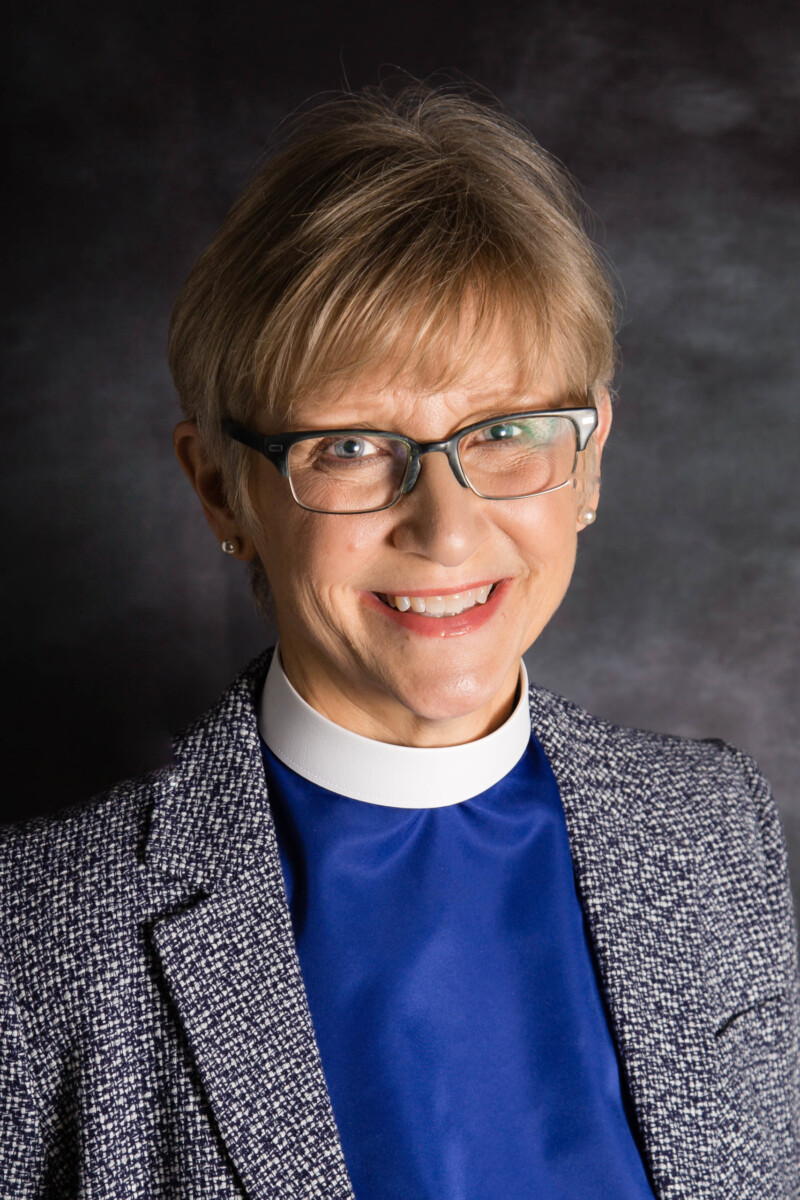by Deb Mechler
Jesus’ disciples met with him one last time before he was taken up into heaven. Even though Jesus had explained the distinct characteristics of the reign of God to them over and over, they persisted in asking him, “Lord, are you at this time going to restore the kingdom to Israel?” (Acts 1:6)
Do you ever make up imaginary rejoinders for Jesus? This one might be: “Read my lips, guys. L-O-V-E. That is what the kingdom will look like. It is not about Israel being the special, chosen-over-everybody-else nation. It is for EVERYBODY, for all time. So give up your visions of ending up on top of the heap!”
Not exactly a terse piece of wit, but you get the drift.
The disciples’ last desperate attempt to get Jesus to be the kind of Messiah they want came to mind as a special group gathered last weekend. It is a huge task force—a “special council”—recruited by the Reformed Church in America for “the express purpose of describing a constitutional pathway forward for the RCA to address the questions of human sexuality as it relates to ordination and marriage.”
It seems to me that this is yet another attempt, like the question of the apostles, to establish control, and order. To achieve comfort through stability. Somebody say the right words in the right order, and get enough people to nod their heads, and we’ll finally get everything lined up so I won’t feel threatened any more. Settle this once and for all!
But our “once and for all” dream seems to recede every time we try to discuss the contrasting viewpoints. Our debates frustrate us, reminding us how much we chafe at the harsh political climate of this year’s presidential nomination process. In both arenas, far from things settling “once and for all,” it feels as though we cannot get beyond an impasse, casting us all into anxiety and despair.
To be clear, I do not accuse those appointed to the special council of naivety or foolishness. They are following a mandate and doing so with as much prayer and wisdom as they can muster, fully aware of the gravity of their task.
Is our desire to ‘settle’ the sexuality debate in the church merely a symptom of a larger cultural restlessness? Is it a natural result of information overload and chronic overwork, so that we just want to feel some calm in at least one part of life? Or is it the weak point in our collective consciousness that reveals the unraveling of centuries of misguided biblical hermeneutics?
Obviously my bias is showing. But I believe it is grounded in a pattern that is well established in the Scriptures. Whenever the people want a sure-fire way to be in control (like a tower in Babel), or to have a leader they could see and control (like a king, namely Saul), or to justify their greed (offering sacrifices while exploiting the poor), or to maintain the religious/social strata (with the temple system), God reminded them that this is not the way God’s reign works. God busted up their attempts every time, and let them live with the mess until they realized that trusting God was a much better idea.
The ”once and for all” busting up of our insecure impulses was the cross itself. (See Hebrews 9:26) It was there that Jesus showed us the futility of having a moral standard as an idol. The Law had been exploited and amended so many times that its beauty had been lost, its intention mangled to the point that I imagine it becoming the cross itself. Jesus died there as if to say, “Enough! This way of judgment and imagined righteousness will never bring you life.”
Jesus said that if we want a “pathway forward,” he is it. We have to trust him and the way he tells us to treat one another. Jesus taught us to build each other up, love each other, forgive one another. We are all broken people living with broken people. We will not get things right half of the time, and we are fools to think we can make everybody else line up with our understanding of what faithfulness looks like.
The task of the special council is an impossible expectation. It is one more stab at righteousness based neither on the holiness of God nor the humility of God’s people. As such it simply repeats the pattern of reliance on human reason. It is asking the church to do what it was not created to do. It ignores the overriding command to love and serve our neighbors and focuses instead on one narrow aspect of human behavior simply because it is unsettling to many people. It displays the folly of forcing an issue, trying to squeeze out of the Scriptures a mandate that cannot reflect God’s expansive grace.
Lord, are you at this time going to restore our denomination to us? The disciples asked the wrong question, and we are making the same mistake.
Deb Mechler is a Reformed Church minister just completing her contract as pastor of Bethlehem Lutheran Church in Royal, Iowa. She looks forward to exploring other forms of ministry and time with family. This originally appeared on her blog Saint Sinner Seeker. Thanks, Deb!

